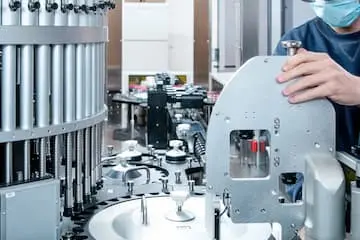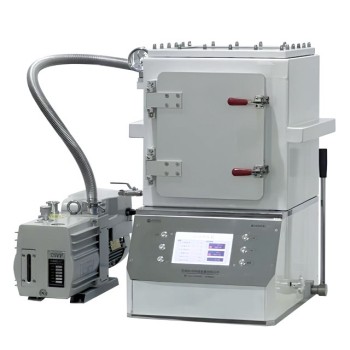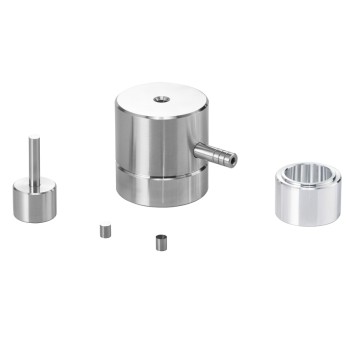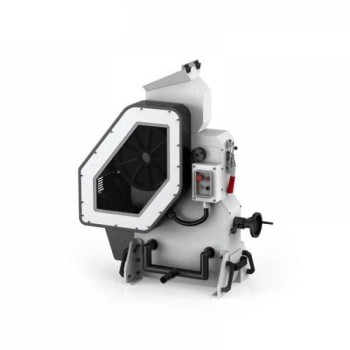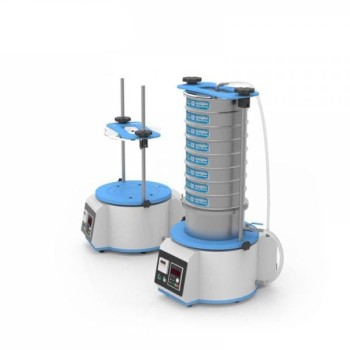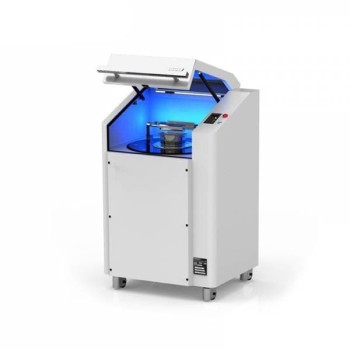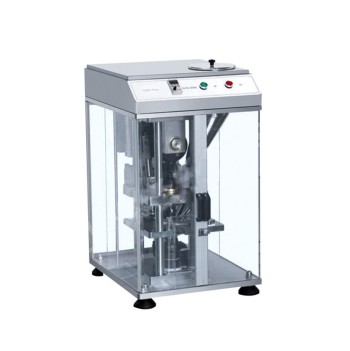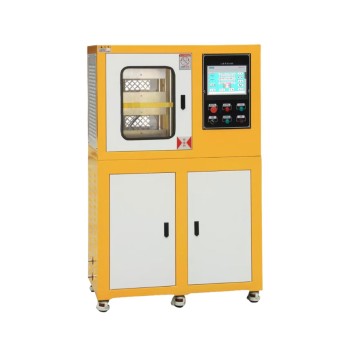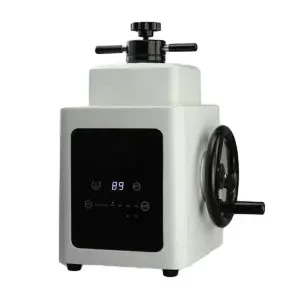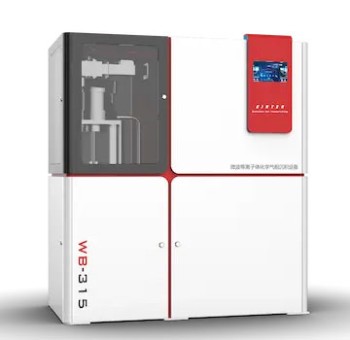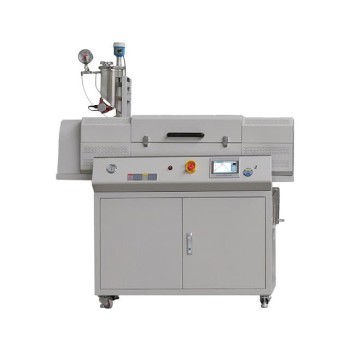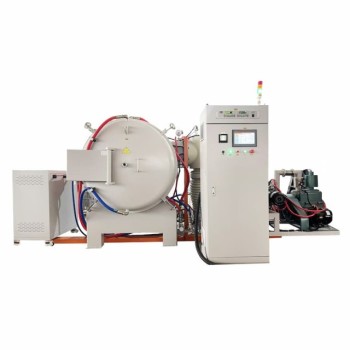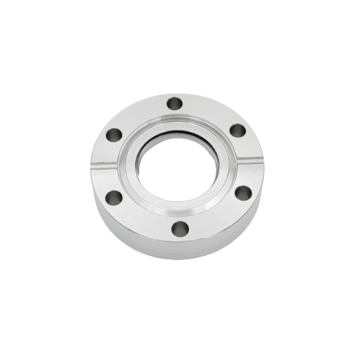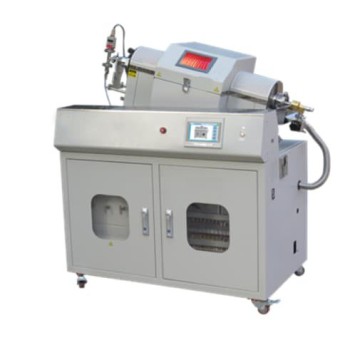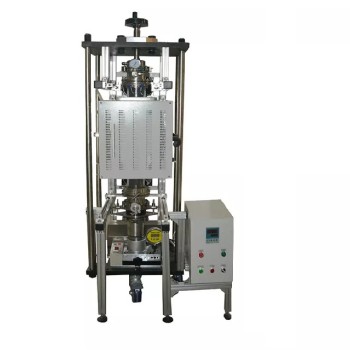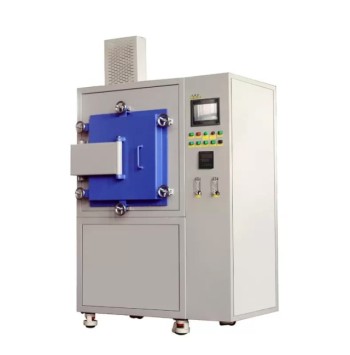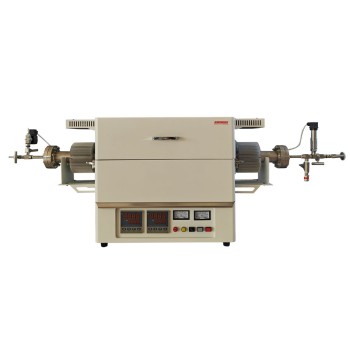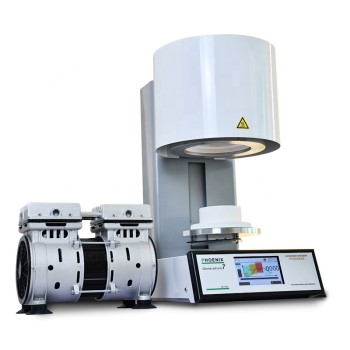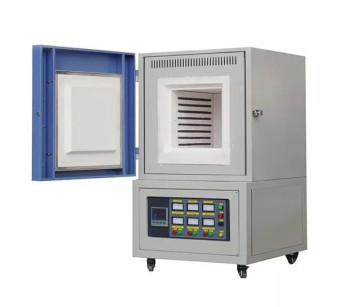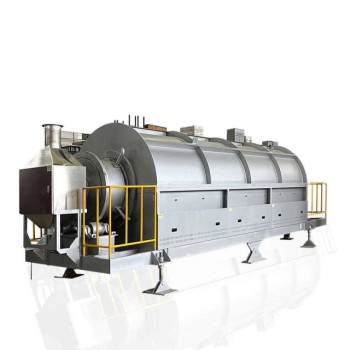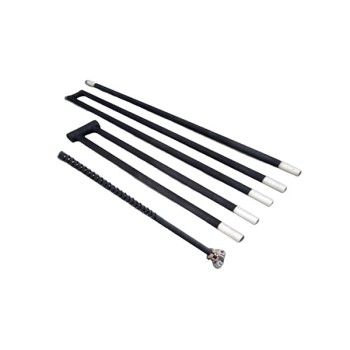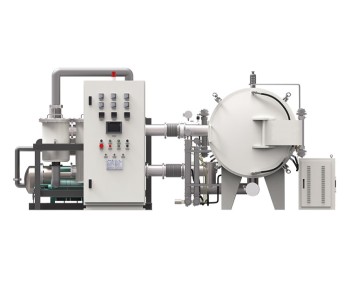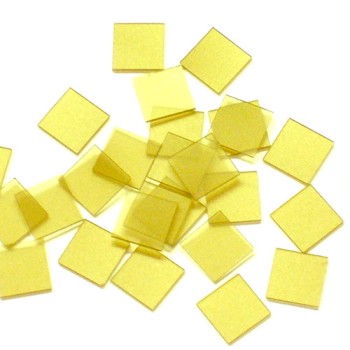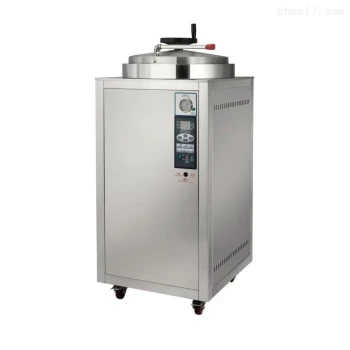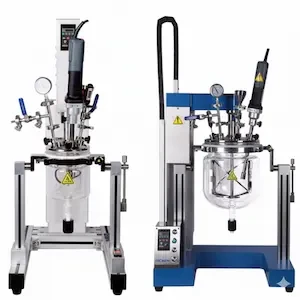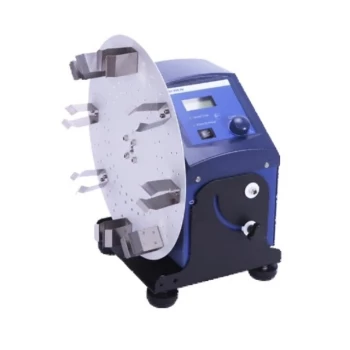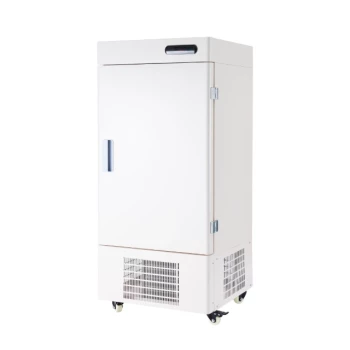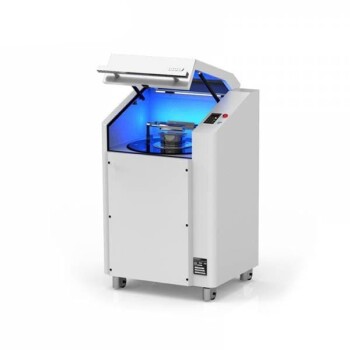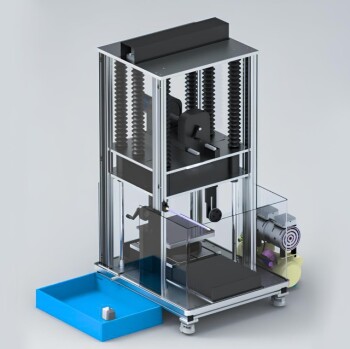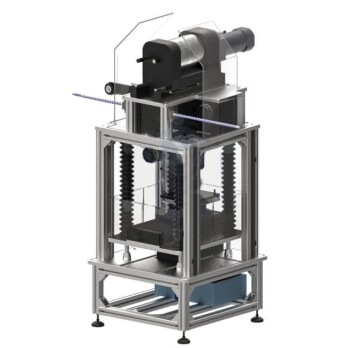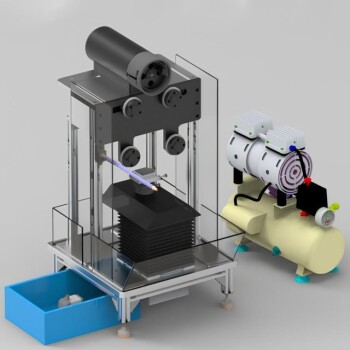Toggle Categories
Get Instant Support
Choose your preferred way to connect with our team
-
Get Free Quote Fill out form for detailed pricing
-
Send Email Detailed inquiry support
-
WhatsApp Quick mobile chat
Response Time
Within 8 hours on working days, 24 hours on holidays
Sample Preparation
KinTek sample preparation equipment includes sample crushing,milling, as while as while sieving equipment, hydraulic press equipment includes manual press, electric press, isostatic press, hot press and press filtering machine.
Thermal Equipment
KinTek supplies a broad range of high-temperature furnaces, including lab, pilot production, and industrial production furnaces, with a temperature range of up to 3000 ℃. One of KinTek's advantages is the ability to create custom-made furnaces tailored to specific functions, such as different heating methods and speeds, extra high and dynamic vacuums, controlled atmospheres and gas circuits, automated mechanical structures, and software and hardware development.
Lab Consumables & Materials
KinTek offers a range of lab consumables and materials, including evaporation materials, targets, metals, electrochemistry parts, as well as powders, pellets, wires, strips, foils, plates, and more.
Bio-Chem Equipment
KinTek bio-chem equipment comprises rotary evaporators, glass and stainless steel reactors, distillation systems, circulating heaters and chillers, as well as vacuum equipment.
Products

Laboratory Hydraulic Pellet Press for XRF KBR FTIR Lab Applications
Item Number : PCPE

Electric button battery sealing machine
Item Number : PP2N

Manual button battery sealing machine (digital display)
Item Number : PC2NS

Automatic Laboratory Hydraulic Pellet Press Machine for Lab Use
Item Number : PCEA
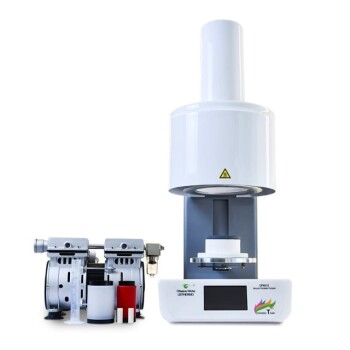
Dental Porcelain Zirconia Sintering Ceramic Vacuum Press Furnace
Item Number : KT-DP10
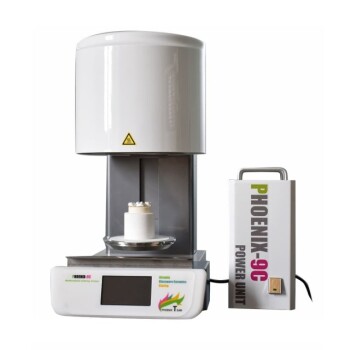
Dental Porcelain Zirconia Sintering Ceramic Furnace Chairside with Transformer
Item Number : KT-DS10

Laboratory Manual Hydraulic Pellet Press for Lab Use
Item Number : PCF

Laboratory Muffle Oven Furnace Bottom Lifting Muffle Furnace
Item Number : KT-BL
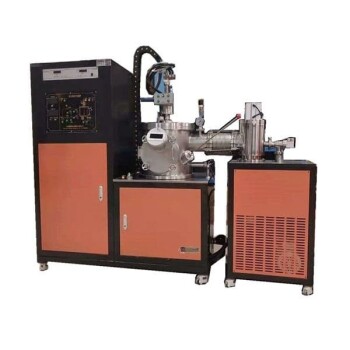
Vacuum Arc Induction Melting Furnace
Item Number : KT-VA
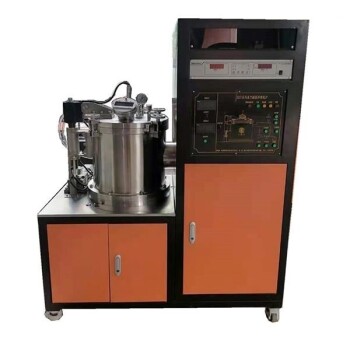
Vacuum Heat Treat Furnace and Levitation Induction Melting Furnace
Item Number : KT-VIL

Vacuum Heat Treat Furnace with Ceramic Fiber Liner
Item Number : KT-VF

Laboratory Test Sieves and Vibratory Sieve Shaker Machine
Item Number : KT-V400

Laboratory Horizontal Planetary Ball Mill Milling Machine
Item Number : KT-P400H
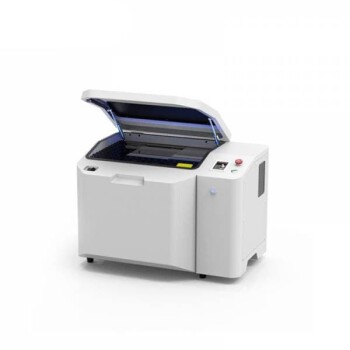
Laboratory Planetary Ball Mill Rotating Ball Milling Machine
Item Number : KT-P400E
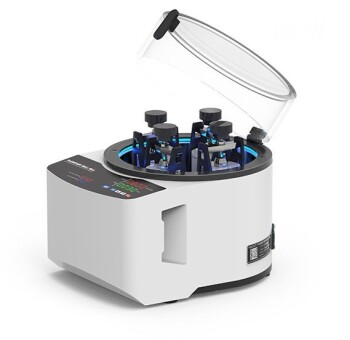
Mini Planetary Ball Mill Machine for Laboratory Milling
Item Number : KT-P400
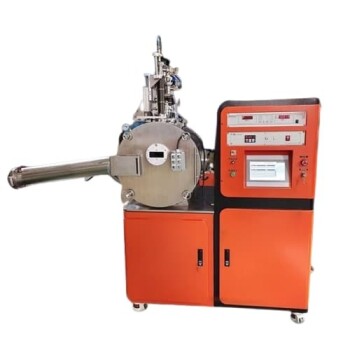
Vacuum Induction Melting Spinning System Arc Melting Furnace
Item Number : KT-VIS

Laboratory Manual Hydraulic Pellet Press for Lab Use
Item Number : PCMP
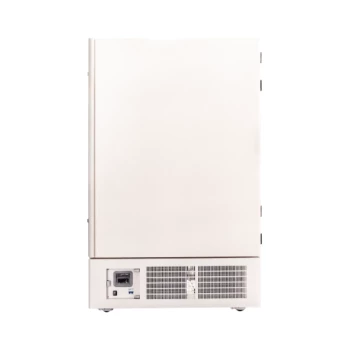
938L Vertical Ultra Low Temperature Freezer for Advanced Laboratory Storage
Item Number : KTFDV-938
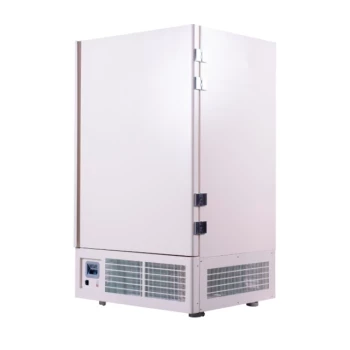
808L Precision Laboratory Vertical Ultra Low Temperature Freezer
Item Number : KTFDV-808
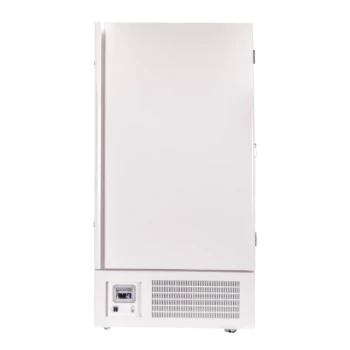
708L Ultra Low Temperature Freezer High Performance Laboratory Freezer
Item Number : KTFDV-708
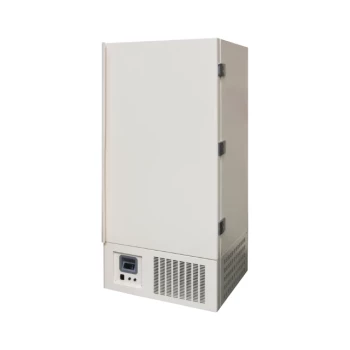
608L Essential Laboratory Ultra Low Temperature Freezer For Critical Sample Preservation
Item Number : KTFDV-608
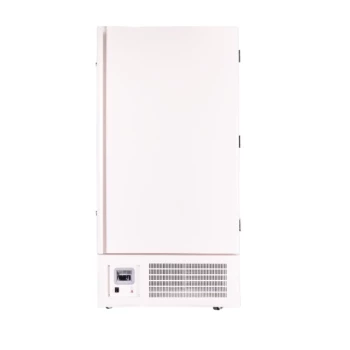
508L Advanced Vertical Ultra Low Temperature Freezer for Critical Laboratory Storage
Item Number : KTFDV-508
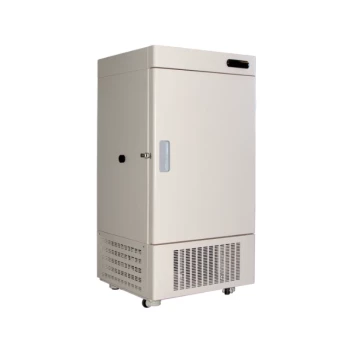
308L Precision Ultra Low Temperature Freezer for Laboratory Applications
Item Number : KTFDV-308

Laboratory Hydraulic Press Lab Pellet Press for Button Battery
Item Number : PCBP
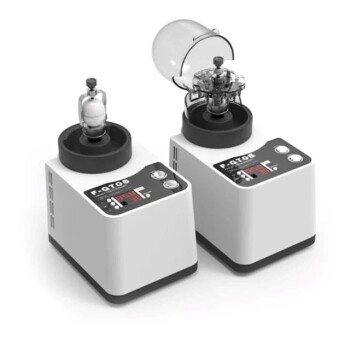
Laboratory Micro Tissue Grinding Mill Grinder
Item Number : KT-MT10
REQUEST A QUOTE
Our professional team will reply to you within one business day. Please feel free to contact us!
Related Articles

The Engineering of Absence: Unlocking Material Purity Through Vacuum Furnaces
Discover how vacuum furnaces prevent oxidation and ensure material integrity by heating in a near-airless environment. Explore the science of pure heat treatment.

Why Your Furnace Components Keep Failing—And the Material Science Fix
Frustrated by costly furnace failures? Discover the root cause isn't bad luck, but a material science issue that the right ceramic tube can permanently solve.

The Thermodynamics of Silence: How Inert Gas Breaks the Vacuum Barrier
In high-temperature vacuum furnaces, cooling is an aggressive, engineered process. Learn how inert gas acts as a thermal conveyor belt to control metallurgy.

Why Your Compacted Parts Fail: The Hidden Flaw Your Sintering Furnace Can't Fix
Struggling with inconsistent powder-pressed parts? The real flaw isn't your furnace. Learn how Cold Isostatic Pressing ensures flawless results.

The Ceramic Paradox: Why the Best Way to Clean an Alumina Tube is Not to Clean It
Deep cleaning is often a symptom of process failure. Discover the engineering protocols to maintain alumina tubes, prevent thermal shock, and ensure longevity.

Your Tungsten Furnace Is Failing. The Culprit Isn't What You Think.
Frustrated with contaminated samples from your tungsten furnace? Discover the hidden cause—and how mastering the atmosphere unlocks reliable results.

Why Your Furnace Experiments Fail: The Hidden Mismatch in Your Lab
Frustrated by inconsistent furnace results? Discover the hidden reason your thermal experiments fail and how the right tool can ensure repeatable success.

The Invisible Architecture of Precision: Mastery Before the Current Flows
Achieve electrochemical accuracy by mastering the four pillars of preparation: rigorous inspection, cleaning, installation, and electrolyte management.

The Thermal Ceiling: Pushing 2200°C in Vacuum Environments
Discover how specialized vacuum furnaces achieve 2200°C+ through advanced graphite and tungsten elements. A deep dive into thermal engineering and material limits.

Why Your Induction Furnace Melts Are Failing: The Critical Mistake Most Labs Make
Frustrated with inconsistent metal quality from your induction furnace? Discover the root cause and learn how to choose the right equipment.

The Art of Nothing: Why Critical Engineering Demands Vacuum Brazing
Discover how vacuum furnace brazing eliminates oxidation for superior joint integrity, the physics of vapor pressure, and why material selection dictates the process.

Why Your High-Temperature Furnace Fails: It’s Not About the Max Temp
Struggling with inconsistent results from your vacuum furnace? Discover why chasing the highest temperature is a costly mistake and how to fix it.

The Quiet Physics of Purity: Mastering Heat in a Vacuum
Vacuum furnaces don't just heat; they fundamentally alter physics by replacing convection with radiation. Explore how removing air unlocks material perfection.

The Hidden Reason Your Powder Metallurgy Parts Keep Failing (And It’s Not Your Furnace)
Tired of cracked sintered parts? The problem isn't your furnace. Learn the real root cause—uneven density—and how Cold Isostatic Pressing fixes it.

Why Your Furnace-Brazed Parts Fail—And Why It's Not the Furnace's Fault
Discover the real reason your furnace brazing results are inconsistent and costly. It's not the equipment; it's a misunderstanding of physics.

The Silent Half of the Experiment: The Ritual of Cell Preservation
Post-experiment care isn't just cleanup; it's calibration for the future. Learn the precise protocols for maintaining super-sealed electrolytic cells.

The Architecture of Emptiness: Why High-Stakes Engineering Demands a Vacuum
Vacuum furnaces are not just hotter ovens; they are tools of subtraction. Discover how removing the atmosphere unlocks material perfection in aerospace and medicine.

Your Furnace Hit the Right Temperature. So Why Are Your Parts Failing?
Your vacuum furnace reaches temperature but ruins your parts? Learn the hidden cause of failure and how choosing the right hot zone material ensures perfect results.

The Art of Nothingness: Precision and Purity in Vacuum Heat Treatment
Discover the engineering logic behind vacuum furnaces. Learn how eliminating air prevents oxidation, ensures purity, and enables advanced metallurgy.

Why Your Brazed Joints Are Inconsistent—And the Fix Isn't in the Furnace
Frustrated by inconsistent brazed joints? Discover the hidden cause of failure that isn't heat or filler, and learn how to fix it for good.
